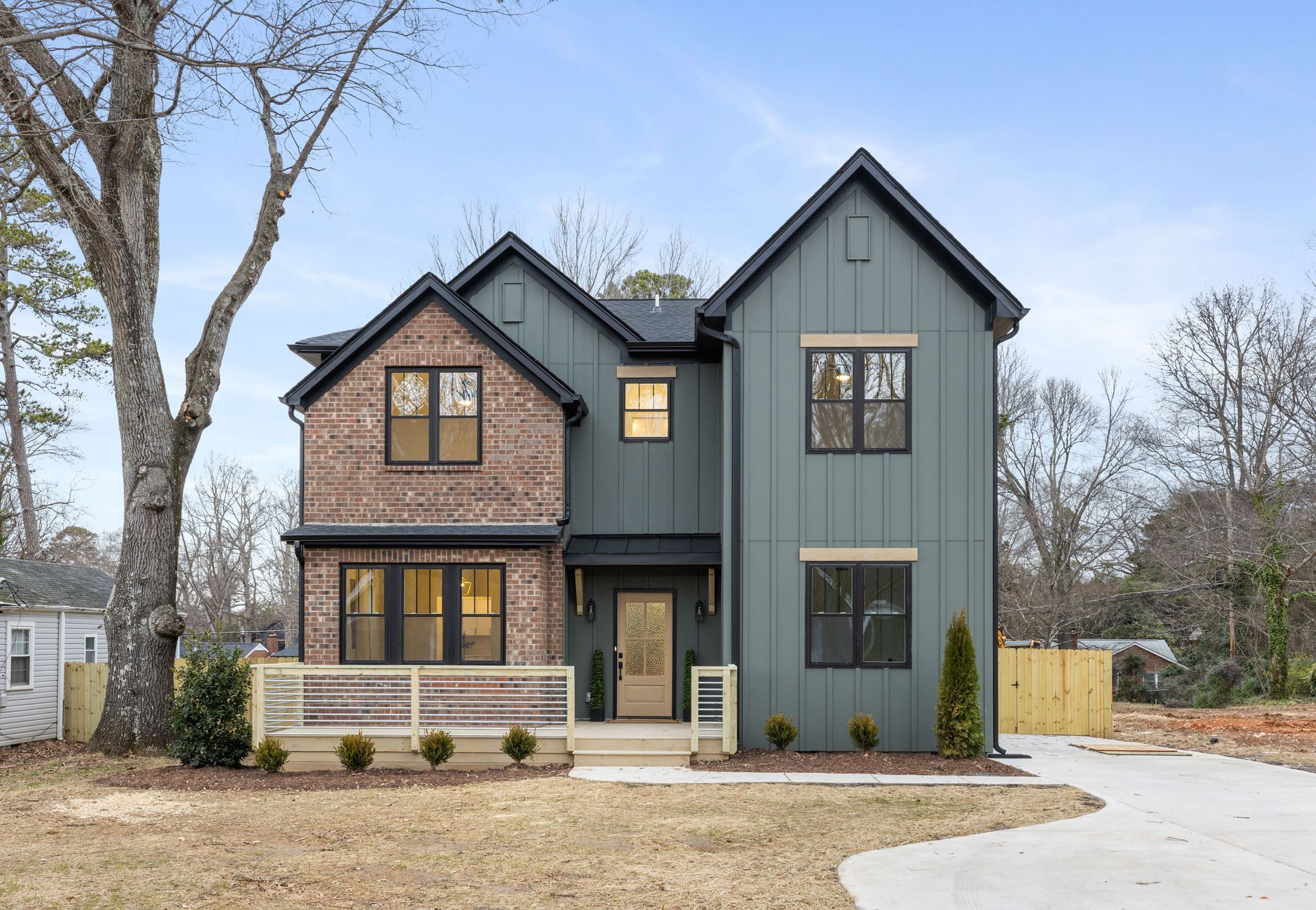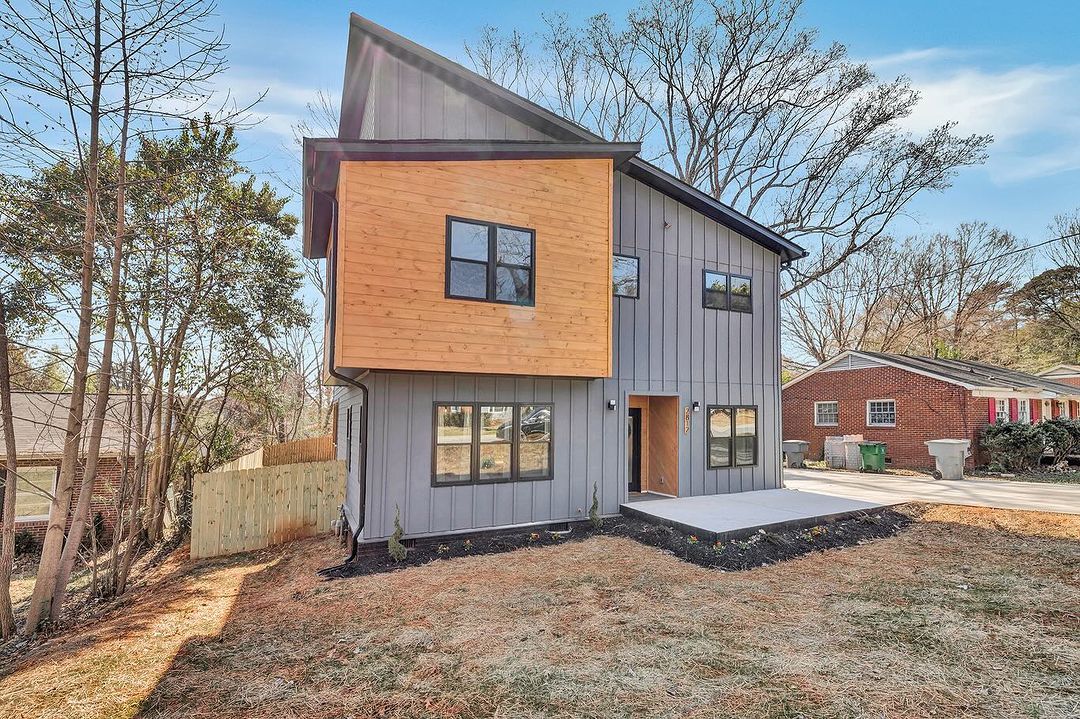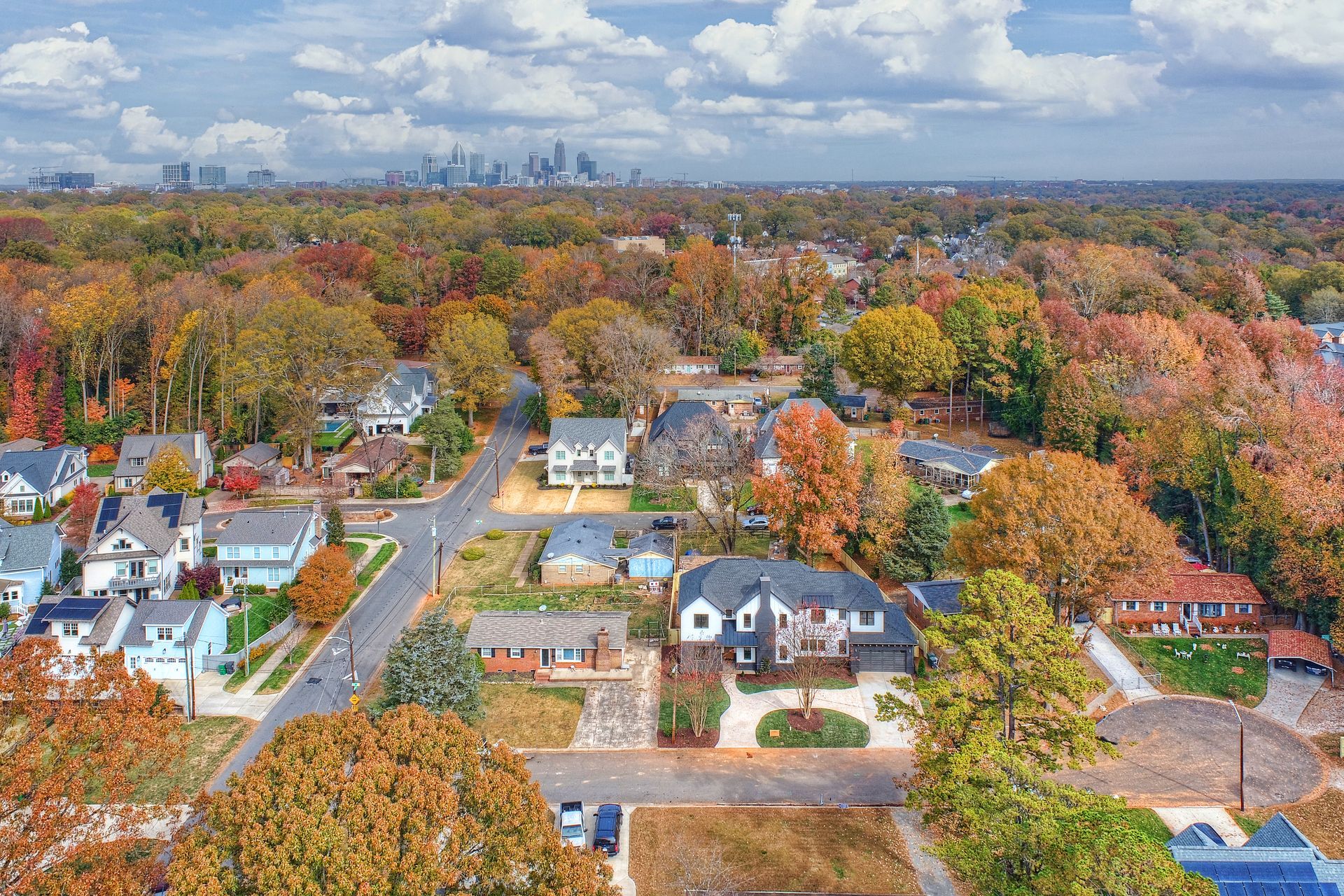When it comes to
real estate investment, the age-old adage "location,
location, location" holds
true. The significance of location plays a
pivotal role in determining the
success and
profitability of any real estate
investment endeavor.

In this article, we'll explore why location matters in real estate investment and delve into the key factors that investors should consider when evaluating potential properties.
NEIGHBORHOOD AMENITIES
One of the primary factors that influence a property's value and desirability is its proximity to essential amenities. Neighborhoods with easy access to schools, hospitals, shopping centers, parks, and recreational facilities tend to attract more tenants and command higher rental rates. Investors should assess the availability of these amenities in the surrounding area and consider how they enhance the overall appeal of the property.
ECONOMIC INDICATORS
The economic health of a neighborhood or city can have a significant impact on real estate values. Investors should analyze key economic indicators such as job growth, unemployment rates, and income levels to gauge the stability and growth potential of the local economy. Areas experiencing robust economic growth are more likely to see appreciation in property values over time, making them attractive investment opportunities.
MARKET TRENDS
Understanding prevailing market trends is essential for making informed investment decisions. Investors should research historical sales data, inventory levels, and price trends to gain insights into the local real estate market. Factors such as supply and demand dynamics, population growth, and housing affordability can influence market conditions and affect property values. By staying abreast of market trends, investors can identify emerging opportunities and make strategic investment choices.
TRANSPORTATION + INFRASTRUCTURE
Access to transportation networks and infrastructure amenities is another crucial consideration for real estate investors. Properties located near major highways, public transportation hubs, and commuter routes offer convenience and accessibility to residents, making them more desirable rental properties. Additionally, investments in infrastructure projects such as new highways, public transit systems, or commercial developments can drive property appreciation in the surrounding area.
NEIGHBORHOOD SAFETY
Safety and security are paramount concerns for tenants and homeowners alike. Investors should assess the crime rates and overall safety of the neighborhood before investing in a property. Neighborhoods with low crime rates, well-lit streets, and active community policing initiatives tend to attract more residents and command higher property values. Investing in properties located in safe and secure neighborhoods can provide long-term stability and peace of mind for investors.
In the world of real estate investment, location is not just a mere detail – it's a critical determinant of success. Savvy investors understand the importance of location and carefully evaluate neighborhood amenities, economic indicators, market trends, transportation infrastructure, and safety considerations when selecting investment properties. By focusing on properties in prime locations with strong fundamentals, investors can maximize their returns and build a profitable real estate portfolio over time.



